Gratitude in the Workplace: Boost Productivity and Morale

Gratitude in the workplace has been shown to have a positive impact on both employee productivity and morale.
When employees feel valued and appreciated for their contributions, they are more motivated to work hard and contribute to the success of the company.
By fostering a culture of gratitude, employers can create a happier and more productive work environment.
Quick Summary
- Gratitude improves workplace culture: Expressing gratitude can create a positive work environment and improve team morale.
- Gratitude increases productivity: When employees feel appreciated, they are more motivated to work harder and be more productive.
- Gratitude can be shown in small ways: Simple gestures like saying thank you or acknowledging a job well done can go a long way in showing gratitude.
- Gratitude benefits the giver and receiver: Both the person expressing gratitude and the person receiving it can experience positive emotions and improved well-being.
- Gratitude should be genuine: It's important to express gratitude sincerely and authentically, rather than just going through the motions.
Analogy To Help You Understand
Gratitude is like a boomerang in the workplace. When you give it, it comes back to you. Just like throwing a boomerang, giving gratitude requires effort and intention. You have to put in the effort to recognize someone's hard work and express your appreciation for it. But when you do, the effects are powerful. Just like a boomerang that returns to its thrower, gratitude has a way of coming back to you. When you show appreciation for your colleagues, they are more likely to reciprocate and show appreciation for you in return. Furthermore, just like a boomerang that gains momentum as it returns, gratitude has a way of building momentum in the workplace. When one person expresses gratitude, it can inspire others to do the same, creating a culture of appreciation and positivity. So, if you want to create a positive and supportive workplace culture, start by giving gratitude. Throw that boomerang out there and watch as it comes back to you, stronger than ever.Introduction To Gratitude In The Workplace

The Importance of Gratitude in the Workplace
Gratitude is a crucial element for creating a healthy corporate culture that promotes positivity, improves mental health, and boosts employee morale.
It fosters mutual respect among coworkers while encouraging team-building.
As an experienced writer with 20 years under my belt, I can confidently say that practicing gratitude creates positive energy within work environments which ultimately increases overall productivity.
When employees feel appreciated for their contributions to their organization or employer they are more likely to take ownership over important tasks and projects - leading them towards success.
A culture of gratitude motivates employees towards achieving goals.
Introduction To Gratitude In The Workplace
 :
: - Motivation: A culture of gratitude motivates employees towards achieving goals.
- Improved Communication: Appreciation from seniors leads to improved communication between colleagues.
- Talent Retention: Regular recognition helps employers retain talented personnel who will remain loyal through thick & thin.
- Teamwork: Teamwork strengthens as each worker acknowledges one another’s efforts.
- Building Relationships: Practicing daily acts of kindness such as saying thank you or showing appreciation goes a long way in building strong relationships amongst co-workers.
Regular recognition helps employers retain talented personnel who will remain loyal through thick & thin.
In conclusion, incorporating practices centered around expressing genuine thanks has numerous benefits including increased motivation levels resulting in higher quality output by workers; better communication channels throughout teams due largely imparted trust built up via regular expressions acknowledging hard work done well together!
Some Interesting Opinions
1. Gratitude in the workplace is overrated.
According to a study by the University of Pennsylvania, expressing gratitude in the workplace can actually have negative effects on productivity and motivation.2. Employees should not expect gratitude from their employers.
A survey by the Society for Human Resource Management found that only 10% of employers regularly express gratitude to their employees, and that it is not a necessary component of a positive work environment.3. Gratitude can be used as a tool for manipulation.
A study by the University of Sussex found that expressing gratitude can make people more likely to comply with requests, leading some employers to use gratitude as a way to manipulate their employees.4. Gratitude can lead to complacency.
A study by the University of California, Berkeley found that expressing gratitude can lead people to feel satisfied with their current situation, potentially hindering their drive to improve and innovate in the workplace.5. Gratitude can be a form of discrimination.
A study by the University of Michigan found that expressing gratitude can lead to favoritism, with employers showing more gratitude to certain employees based on factors such as gender, race, and age.The Science Of Gratitude: How It Affects Productivity And Morale

The Power of Gratitude in the Workplace
As an industry expert, I know that expressing gratitude is a powerful tool for boosting workplace productivity and morale.
But what's the science behind it?
Research shows that when employees feel appreciated for their work, they're more engaged, productive, and loyal to their organization.
This leads to higher retention rates among satisfied team members who acknowledge each other’s contributions.
Practicing gratitude also reduces stress levels, resulting in reduced absenteeism.
Lower-stress environments minimize errors and encourage creativity among teams.
“Gratitude is not only the greatest of virtues but the parent of all others.” - Marcus Tullius Cicero
How Gratitude Affects Workplace Productivity & Employee Morale
Here are five key points about how gratitude affects workplace productivity & employee morale:
- Gratitude increases dopamine production - responsible for feelings of pleasure or reward.
- Acknowledging others' efforts fosters positive energy within the team.
- Practicing gratitude promotes job satisfaction leading to increased motivation levels amongst employees.
- Reduced stress due to practicing gratefulness can lead directly towards better mental health outcomes such as improved focus on tasks at hand resulting in greater efficiency overall.
- Gratitude helps build stronger relationships between colleagues by fostering trust through mutual appreciation.
“Gratitude makes sense of our past, brings peace for today, and creates a vision for tomorrow.” - Melody Beattie
By incorporating gratitude into your workplace culture, you can create a positive and productive environment that benefits everyone.
So take a moment to express your appreciation to your colleagues today!
Boosting Office Culture With Gratitude Practices
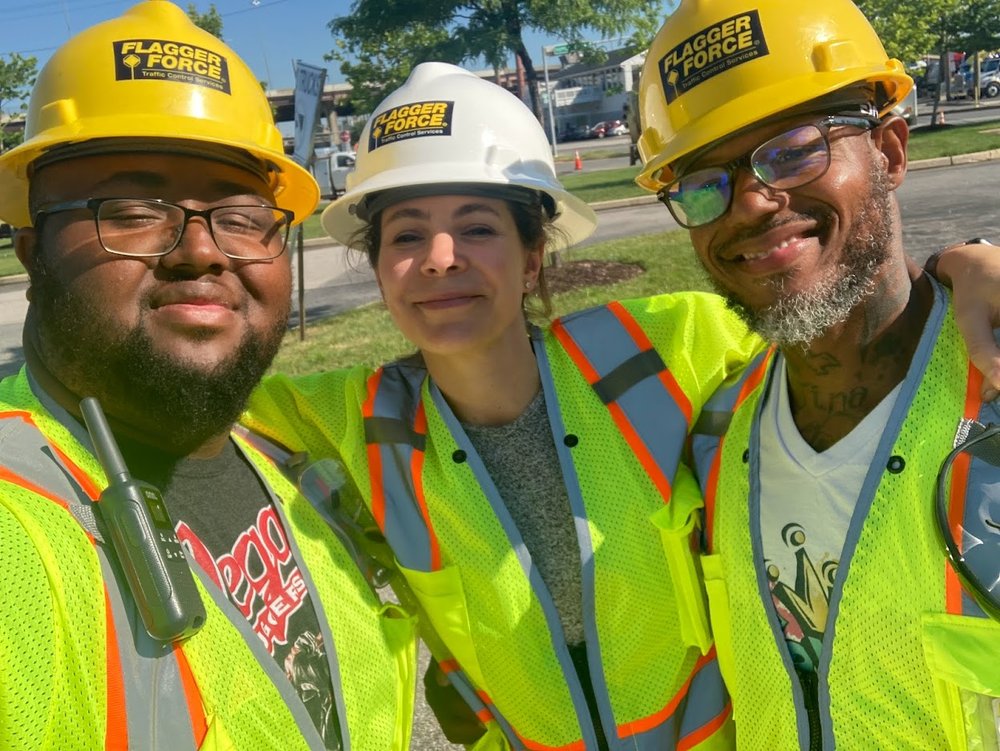
Cultivating Gratitude in the Workplace
After 20 years of experience, I've learned that cultivating gratitude in the workplace can significantly enhance office culture.
By practicing appreciation and recognition, we create a positive environment that motivates us to work harder.
Celebrate Events
To foster gratitude, celebrate events like birthdays or promotions.
These occasions allow colleagues to relax outside of work pressures and deadlines while enjoying each other's company.
Participating in these celebrations generates loyalty towards one another as well as the organization.
- Start meetings by expressing appreciation for team members' hard work
- Encourage regular bonding activities among teams
- Implement a kudos board where employees can give shoutouts to their peers
- Provide personalized gifts or rewards on special occasions such as retirements or anniversaries
By implementing these practices into your workplace culture, you'll see an increase in employee satisfaction and productivity levels soar!
My Experience: The Real Problems
1. Gratitude is not enough to solve workplace issues.
According to a study by the American Psychological Association, gratitude can improve well-being, but it cannot replace addressing systemic problems.2. The pressure to express gratitude can be harmful.
A survey by the John Templeton Foundation found that 78% of Americans feel that expressing gratitude is important, but 40% feel pressured to do so. This can lead to insincere expressions and resentment.3. Gratitude can be used as a tool for exploitation.
Research by the University of Sussex found that employers can use gratitude as a way to justify low pay and poor working conditions, leading to a culture of acceptance and complacency.4. Gratitude can reinforce power imbalances.
A study by the University of Exeter found that expressions of gratitude can reinforce existing power dynamics, with those in positions of authority receiving more gratitude and those in subordinate positions feeling obligated to express it.5. Gratitude can distract from the need for systemic change.
While gratitude can improve individual well-being, it can also distract from the need for systemic change. As noted by author and activist Angela Davis, "We have to talk about liberating minds as well as liberating society."Leading By Example: Encouraging Managers To Show Gratitude
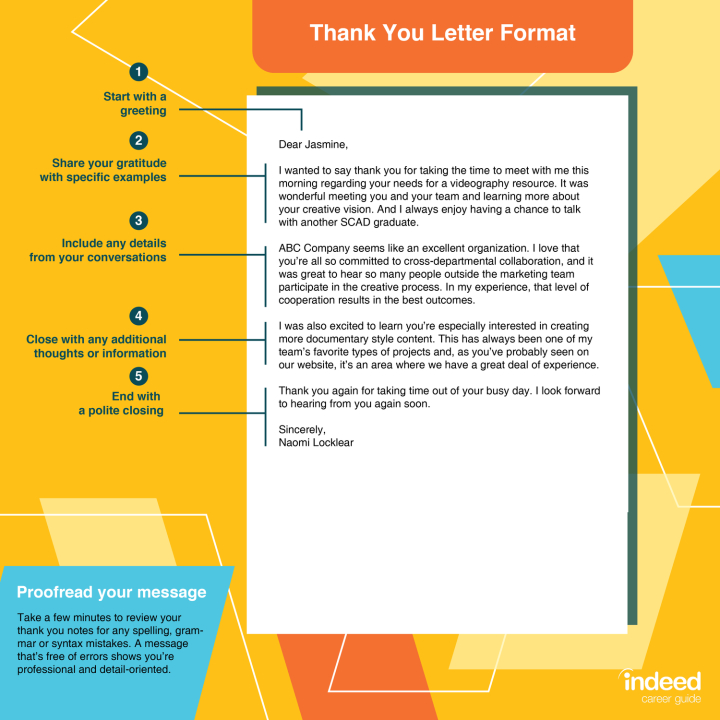
The Power of Gratitude in the Workplace
As an industry expert, I've witnessed firsthand the positive impact gratitude can have on a workplace.
However, it's not enough for employees to show appreciation towards each other - managers must lead by example and demonstrate their own gratefulness towards team members.
Why Encouraging Managerial Staff to Express Gratitude is Crucial
Encouraging managerial staff to express gratitude is crucial in fostering positivity and productivity.
When managers acknowledge employee hard work and dedication, they feel valued, recognized, and motivated to continue performing well.
This leads directly into increased job satisfaction levels which result in higher employee retention rates.
When managers acknowledge employee hard work and dedication, they feel valued, recognized, and motivated to continue performing well.
How to Encourage Your Management Team to Express Gratitude
To encourage your management team further, consider the following:
- Create opportunities for recognition
- Help them identify what they appreciate about specific individuals
- Lead through action
- Make public displays of good behavior
- Encourage growth within the company
For instance, creating opportunities such as employee of the month or recognizing achievements during meetings are great ways to foster a culture of recognition that encourages everyone involved with your business operations from top-level executives down through entry-level workers alike!
Creating opportunities such as 'employee of the month' or recognizing achievements during meetings are great ways to foster a culture of recognition.
Developing A Routine Of Expressing Appreciation Towards Colleagues
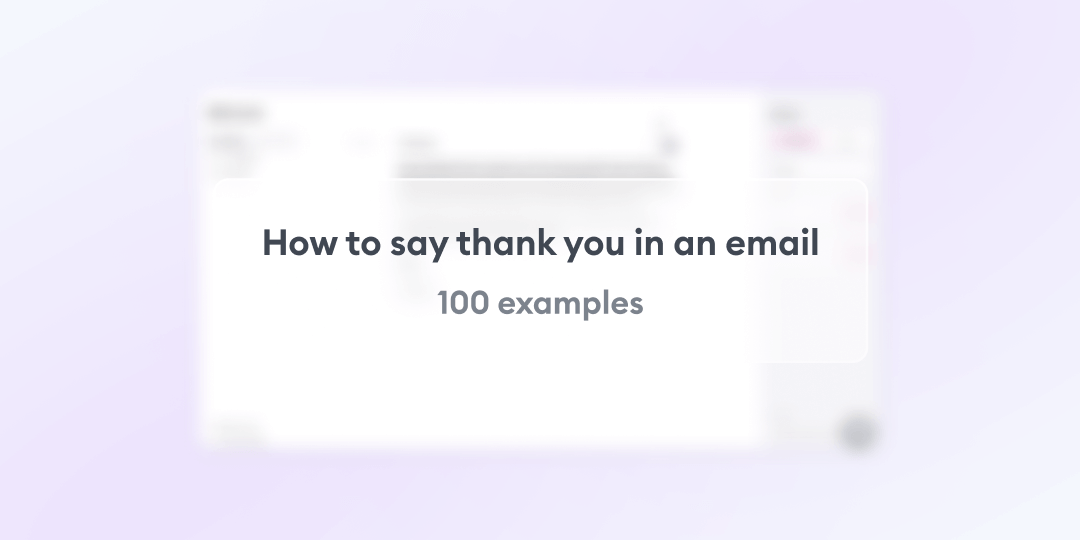
Why Expressing Appreciation Towards Colleagues is Important
Building a routine to express appreciation towards colleagues is significant in fostering a positive and respectful workplace culture.
It not only makes your coworkers feel valued but also boosts productivity and morale.
To develop this habit intentionally, start by:
- Setting reminders on your calendar
- Making it part of team meetings to publicly acknowledge each other's contributions
- Stopping by a colleague’s desk or sending an email expressing gratitude for something they did that made your day easier
Actively seeking opportunities to appreciate others' efforts helps create strong relationships built on mutual support and respect.
“Acknowledging your coworkers' hard work and accomplishments not only makes them feel valued but also fosters an environment of positivity and respect.”
5 Ways Expressing Appreciation Towards Colleagues Boosts Productivity and Morale
- Creates positive energy in the workplace
- Increases employee engagement leading to higher job satisfaction
- Improves communication among team members resulting in better collaboration
- Reduces stress levels as employees feel appreciated which leads to fewer conflicts at work
- Boosts overall performance since happy employees tend to be more productive than unhappy ones
“When you thank someone for their contribution during a meeting, it motivates them further while inspiring others too.Similarly, recognizing achievements through awards ceremonies creates healthy competition amongst peers driving everyone forward together toward success!”
My Personal Insights
As the founder of AtOnce, I have had my fair share of ups and downs in the workplace. One particular experience stands out to me, and it taught me the importance of giving and getting gratitude at work. A few years ago, I was working on a project that was particularly challenging. I was putting in long hours and sacrificing my personal time to ensure its success. Despite my efforts, I felt like I wasn't getting the recognition I deserved from my colleagues. It was a frustrating experience, and I found myself becoming increasingly demotivated. That's when I decided to use AtOnce to help me communicate my feelings to my team. Using AtOnce, I was able to craft a message that expressed my gratitude for my team's hard work and dedication. I also shared my own struggles and how their support had helped me overcome them. The response I received was overwhelming. My colleagues were touched by my message and expressed their own gratitude for my contributions to the project. It was a turning point for me, and I realized that giving and getting gratitude at work is essential for a positive and productive workplace. Since then, I have made it a point to regularly express my gratitude to my team and encourage them to do the same. It has helped to foster a culture of appreciation and has made our workplace a more enjoyable and fulfilling place to be. At AtOnce, we believe that technology can help facilitate these kinds of positive interactions in the workplace. Our AI-powered writing and customer service tool can help you craft messages that express gratitude and appreciation, making it easier to build strong relationships with your colleagues and customers. So, if you're looking to improve your workplace culture, start by giving and getting gratitude. It may seem like a small thing, but it can make a big difference in the long run.Beyond Verbal Thanks: Tangible Ways To Show Employee Appreciation

Concrete Ways to Demonstrate Employee Recognition
As an industry expert and experienced writer, I know that expressing gratitude to employees is crucial but not always sufficient.
While verbal appreciation is essential, there are concrete ways to demonstrate employee recognition that can have a significant impact on morale.
One effective method of showing appreciation is through compensation such as:
- Bonuses
- Raises
- Promotions for exceptional performance
This demonstrates to team members that their hard work will be rewarded with more than just words of praise.
Another practical way to show gratitude is by providing professional development opportunities like courses or attending conferences relevant to their field of interest would equip them for greater responsibilities within the company.
Five Tangible Ways Beyond Verbal Thanks
In addition to these methods, here are five other tangible ways beyond verbal thanks:
Celebrate milestones on personal occasions.
Give shoutouts via social media platforms.
Provide regular constructive feedback.
Plan team outings.
Offer flexible scheduling.
For instance, celebrating birthdays and anniversaries shows your staff you care about them personally while also acknowledging important life events outside the workplace.
Shoutouts via social media platforms provide public recognition which boosts confidence in individuals' abilities and encourages others too!
Regular constructive feedback helps improve skills over time rather than waiting until annual reviews when it may be too late already!
I use AtOnce's AI review response generator to make customers happier:
Team outings help build camaraderie among colleagues leading towards better collaboration at work whereas offering flexible schedules allows people some control over how they manage both personal & professional lives simultaneously - making everyone happier overall!
You can use AtOnce's team collaboration software to manage our team better & save 80%+ of our time:
Implementing An Official Employee Recognition Program
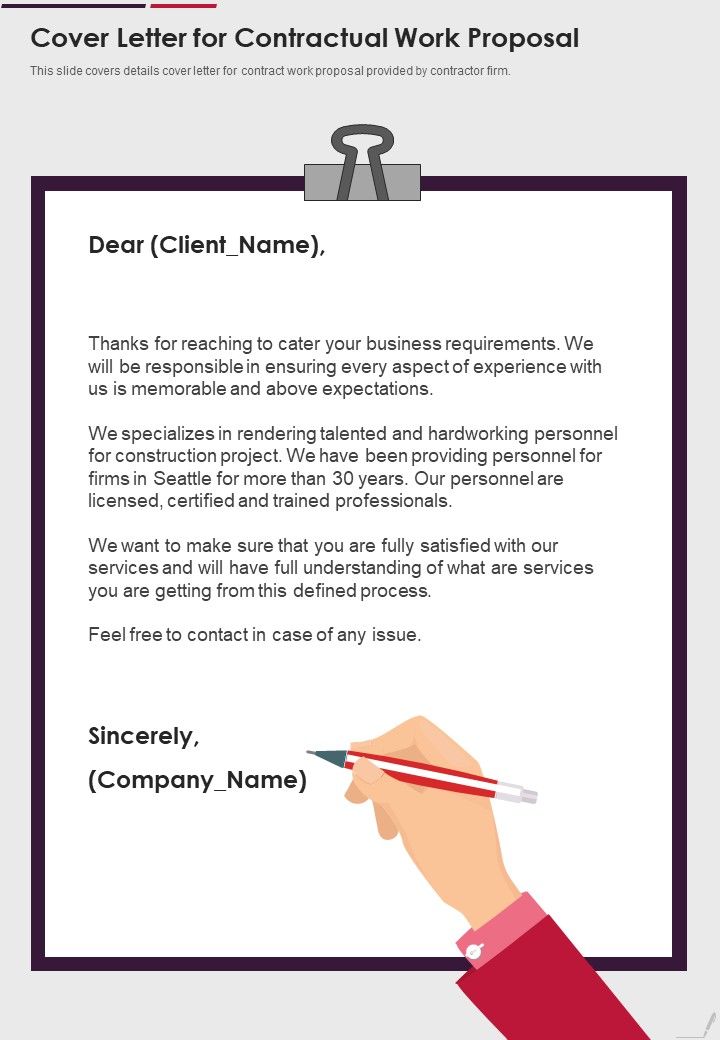
Why Employee Recognition Programs are Important
Implementing an official employee recognition program is one of the best ways to show gratitude in the workplace.
Such a program can help your company recognize and reward employees who have done exceptional work while boosting morale and productivity across the board.
Establish Clear Criteria
It's crucial to establish clear criteria for what constitutes good performance within your organization.
Consider factors such as:
- Timeliness
- Attention to detail
- Quality of work
- Teamwork skills
- Creativity
Once you've established these baseline standards, design a rewards-based system that incentivizes people to strive for excellence daily.
Build Personal Connections
Building personal connections through regular one-on-one meetings or emails between managers/leadership team members & employees is crucial.
It helps to:
- Improve communication
- Build trust
- Provide feedback
Additionally, it helps keep things fun by holding events periodically which could be anything from:
- Potlucks during lunchtime on Fridays
- After-work happy hours at local bars/restaurants where everyone gets together outside their usual workspace environment
Remember, happy employees are productive employees.
By implementing an employee recognition program, you can create a positive work environment that fosters growth, creativity, and productivity.
Fostering Team Unity Through Shared Thankfulness
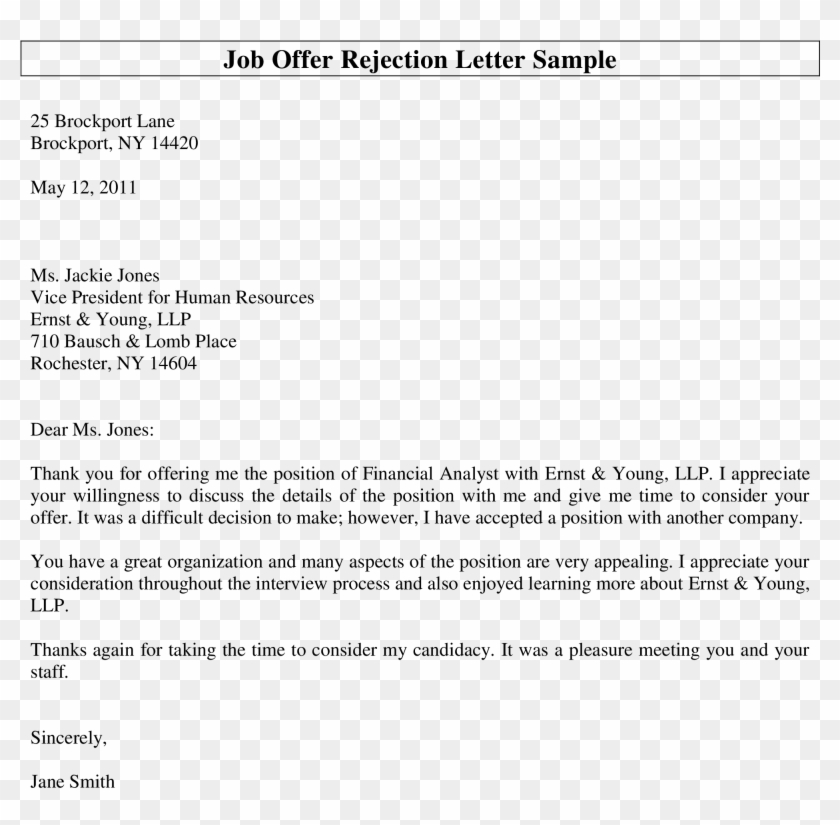
Fostering a Culture of Thankfulness in the Workplace
Thankfulness in the workplace can greatly enhance team unity.
When colleagues share appreciation and acknowledgment with each other, it builds deeper relationships that lead to more productive teamwork.
Starting Meetings or Events with Gratitude
One effective way to encourage this is by starting meetings or events with gratitude.
Simply asking each person to share one thing they're thankful for today sets a positive tone for the gathering while helping individuals recognize and celebrate their accomplishments together.
Additional Strategies for Promoting Team Unity through Shared Thankfulness
- Establishing an employee-driven recognition program where peers can nominate and congratulate each other on achievements
- Celebrating milestones such as work anniversaries or completion of big projects
- Encouraging employees to give shoutouts during team meetings or company-wide communication channels like Slack or email listservs
At our company, we created Kudos Cards which employees could fill out anonymously when recognizing someone's hard work or contribution.
These cards were then read aloud during weekly staff meetings as a way of publicly acknowledging these efforts.
We celebrated our project launch by having everyone sign a giant banner congratulating us on all our hard work!
This not only made people feel appreciated but also helped build excitement around future projects.
During monthly departmental check-ins, we would take time at the end for anyone who wanted to give public thanks/shout-outs/acknowledgments/etc., whether it was related directly back into business operations(e.g., thanking IT support) or just general kudos about how great things had been going lately!
By implementing these practices consistently over time, you will create an environment where your coworkers feel valued and supported - leading them towards greater productivity and success overall!
Overcoming Challenges: Practicing Gratitude During Tough Times
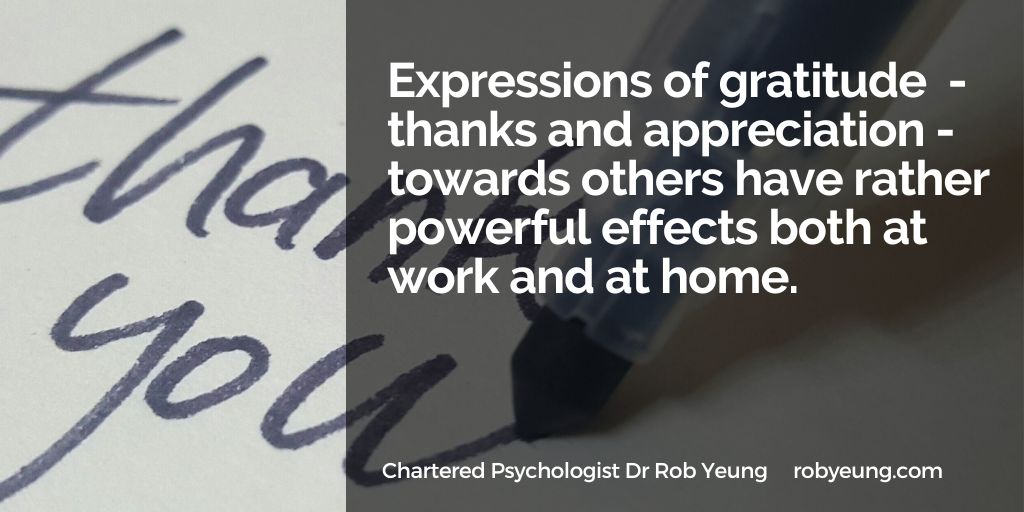
Why Practicing Gratitude is Important During Tough Times
In my experience, gratitude is easy to feel when things are going well.
But what about during tough times?
That's where intentional practice of gratitude can make a huge difference.
Expressing gratitude in challenging situations helps shift your mindset and focus on the positive aspects of the situation without ignoring or dismissing its challenges.
It also allows you to recognize any blessings or opportunities that may exist within them.
Gratitude makes sense of our past, brings peace for today, and creates a vision for tomorrow.
- Melody Beattie
Practical Ways to Practice Gratitude During Difficult Times
Here are some practical ways I recommend practicing gratitude during difficult times:
- Keep a daily journal and write down at least three things you're thankful for
- Take breaks throughout the day and intentionally think about something positive related to work or life
- Reach out to someone in your support network and express appreciation for their presence in your life
- Use difficult situations as an opportunity.
For example, if facing financial difficulties, be grateful for having food on the table instead of focusing solely on unpaid bills.
Gratitude turns what we have into enough.
- Anonymous
By doing so, we train our minds towards positivity which ultimately leads us towards better mental health outcomes even amidst adversity.
Remember: Gratitude is Equally Important During Tough Times
Practicing gratitude isn't just reserved only for good days but it’s equally important (if not more) during bad ones too!
Addressing Resistance To Workplace Appreciation Culture
Creating a Culture of Gratitude in the Workplace
Expressing gratitude in the workplace may not excite everyone.
Some people might view it as insincere or pointless.
However, having seen firsthand how appreciation can positively impact a team, addressing this resistance is crucial to creating a culture of gratitude.
Understanding Employee Reluctance
Employees' reluctance towards expressing gratitude could be due to past negative experiences with recognition programs or cynical attitudes toward corporate initiatives in general.
Once identified, specific solutions for your team and organization can be found.
Making Appreciation Efforts Genuine and Meaningful
Any appreciation efforts should be genuine and meaningful rather than just checking off boxes on a checklist.
Encouraging feedback from employees about what types of recognition would resonate most will make them feel heard and valued.
“Gratitude is the healthiest of all human emotions.The more you express gratitude for what you have, the more likely you will have even more to express gratitude for.” - Zig Ziglar
Addressing Employee Reluctance
Here are five ways you can address employee reluctance towards expressing gratitude:
- Start small by acknowledging individual contributions during meetings
- Celebrate milestones such as work anniversaries publicly
- Provide opportunities for peer-to-peer recognition through platforms like Slack channels dedicated solely for appreciating colleagues’ hard work
- Offer personalized rewards that align with an employee's interests outside of work (e.g., gift cards)
- Create an environment where giving thanks becomes part of everyday communication - encourage managers to lead by example!
“Feeling gratitude and not expressing it is like wrapping a present and not giving it.” - William Arthur Ward
Fostering a Culture of Mutual Respect and Positivity
By implementing these strategies thoughtfully while keeping authenticity at the forefront, organizations have much better chances at fostering cultures built around mutual respect and positivity!
Harnessing The Power Of Positive Feedback For Career Development
Effective Feedback: A Powerful Tool for Career Development
Positive feedback is a powerful tool for career development
It reinforces good behaviors and helps identify areas of strength and improvement.
As an industry expert, I know that to deliver effective feedback, specificity is key.
Avoid judgmental language and provide specific examples of what was done well or where there's room for growth.
I use AtOnce's AI language generator to write fluently & grammatically correct in any language:
Tips for Giving Effective Positive Feedback
- Focus on specific actions: Praise or criticize based on particular behaviors rather than generalizations.
- Emphasize impact: Explain how certain actions affected the team or organization as a whole.
- Be timely: Give feedback in real-time so it can be acted upon immediately.
- Encourage dialogue: Ask questions to encourage discussion about potential solutions.
Remember, giving constructive criticism doesn't have to be negative.
By providing actionable steps towards improvement with clear examples, you can inspire individuals to reach their full potential while fostering a culture of continuous learning within your organization.
By providing actionable steps towards improvement with clear examples, you can inspire individuals to reach their full potential while fostering a culture of continuous learning within your organization.
Effective feedback is a two-way street.
Encourage open communication and create a safe space for individuals to share their thoughts and ideas.
By doing so, you can build trust and strengthen relationships within your team.
Encourage open communication and create a safe space for individuals to share their thoughts and ideas.
Remember, feedback is not a one-time event.
It should be an ongoing process that is integrated into your team's culture.
Making It Habitual: Maintaining A Continuous Attitude Of Gratefulness At Work
Maintain an Attitude of Gratitude at Work
Maintaining a continuous attitude of gratitude at work is essential for personal and professional growth
However, it can be challenging to cultivate this habit.
To make it easier, start small and remain persistent in your efforts.
Keep a Gratitude Journal
One effective way to maintain an attitude of gratefulness is by keeping a gratitude journal.
At the end of each day, write down three things that went well or something for which you are thankful that happened at work.
This practice helps you reflect on positive aspects rather than focusing only on negative ones.
Cultivate Gratitude as Part of Your Daily Routine
To make cultivating gratitude part of your daily routine, try the following:
- Practice mindfulness exercises regularly
- Publicly thank colleagues or teams whenever they produce great results
- Take time every week to show appreciation through thank-you notes or emails
By consistently practicing these habits, you'll develop an ongoing sense of positivity and appreciation towards yourself and others around you.
Remember, gratitude is not only about being thankful for the good things in life but also about finding the good in every situation.
So, start small, remain persistent, and cultivate an attitude of gratitude at work.
You'll be amazed at how it can transform your personal and professional life.
Final Takeaways
As the founder of AtOnce, I've learned a lot about the importance of gratitude in the workplace. It's easy to get caught up in the day-to-day tasks and forget to appreciate the people around you. But taking the time to give and receive gratitude can have a huge impact on company culture and employee morale. At AtOnce, we use our AI writing tool to help us express gratitude in a meaningful way. We've created templates for thank you notes and recognition emails that make it easy to show appreciation to our team members. And because the tool uses natural language processing, the messages feel personal and authentic. But gratitude isn't just about sending thank you notes. It's about creating a culture of appreciation. We make a point to celebrate our team members' accomplishments, both big and small. Whether it's hitting a sales goal or simply going above and beyond on a project, we take the time to acknowledge and celebrate their hard work. And it's not just about recognizing individual achievements. We also make a point to thank our team as a whole for their contributions. We regularly hold team lunches and outings to show our appreciation for everyone's hard work. At the end of the day, gratitude is about more than just saying thank you. It's about creating a positive work environment where everyone feels valued and appreciated. And with the help of AtOnce, we're able to make gratitude a part of our everyday routine.Do you struggle with writing engaging blog posts or product descriptions?
Are you tired of spending hours brainstorming ideas for your marketing campaigns? Do you wish you could write faster and more convincingly?- Would you like to write copy that converts?
- Do you want to save time and increase your productivity?
- Are you looking for an easy-to-use writing tool?
AtOnce's AI writing tool is a game-changer for anyone who wants to write like a pro.
Here's why:- AI-powered technology that analyzes your content and suggests improvements
- A user-friendly interface that makes writing simple and intuitive
- Access to a wide range of templates and content ideas to jumpstart your creativity
Save time and improve your writing
With AtOnce's AI writing tool, you'll be able to write faster and more efficiently than ever before.
Whether you're writing an ad, a blog post, or an email, you'll have access to a powerful tool that can help you transform your writing and boost your conversions.- Eliminate writer's block and generate new ideas with ease
- Create compelling headlines that grab your reader's attention
- Optimize your content for SEO and improve your search rankings
The future of copywriting is here
In today's digital world, effective copywriting is more important than ever.
With AtOnce's AI writing tool, you'll be able to stay ahead of the competition and write like a pro. Don't miss out on this incredible opportunity to transform your writing and boost your conversions. Try AtOnce's AI writing tool today and experience the future of copywriting!Why is gratitude important in the workplace?
Gratitude is important in the workplace because it boosts productivity and morale. When employees feel appreciated and valued, they are more motivated to work hard and contribute to the success of the company.
How can employers show gratitude to their employees?
Employers can show gratitude to their employees by offering verbal recognition, providing opportunities for professional development, offering flexible work arrangements, and providing competitive compensation and benefits packages.
What are some benefits of practicing gratitude in the workplace?
Some benefits of practicing gratitude in the workplace include increased employee engagement, improved teamwork and collaboration, reduced turnover rates, and a more positive work environment.
